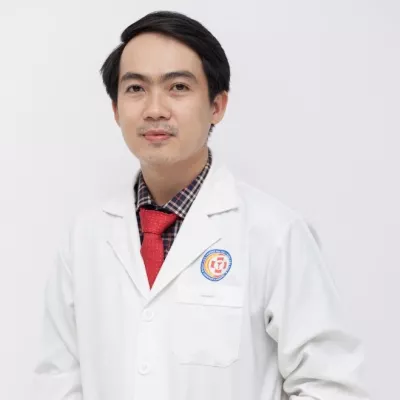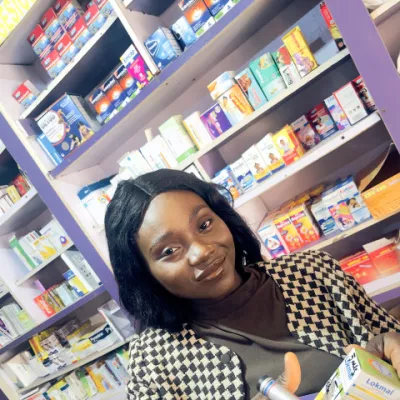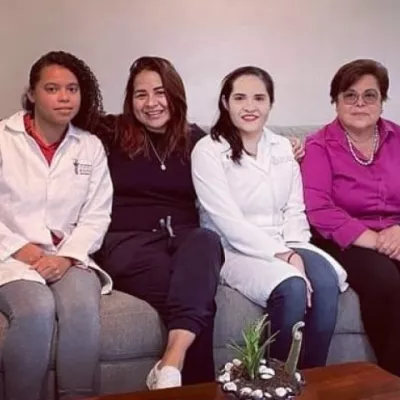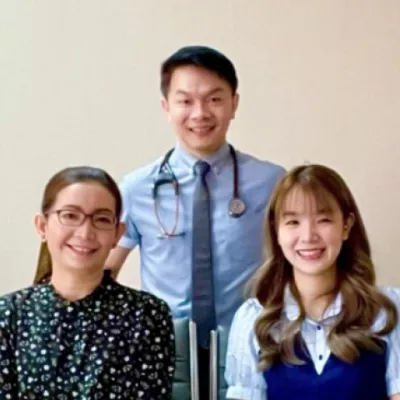
Project description
Contraceptive use among sexually active women in Nigeria is key to reducing unwanted pregnancies and unsafe abortions. However, there is severe misuse of Ampiclox 500mg (Ampicillin Trihydrate and Cloxacillin Sodium) capsule as a method of contraception in Nigeria. As Dr Godwin Ekunke, Obstetrician and gynecologist from Kubwa General Hospital Abuja noted “the use of antibiotics as a form of contraception poses great danger to the users themselves and that there is a greater public health challenge as they can lead to dysbiosis (microbiota dysbalance) and then potential antimicrobial resistance (AMR), which increases the risk of infection and serious complications if a person needs surgery.”
The project is aimed to empower teenagers, women and the public with sexuality education and reproductive health and to educate 10 local government (rural communities) within Delta State on dangers of misuse of Ampiclox and other antibiotics.
With a team of 14 pharmacists, 4 doctors, and others volunteers, we will set up a Reproductive Health Facility to address safe Contraception methods and the myths behind use of Ampiclox Capsule as female contraceptive in Nigeria.
Participation of Church and School will be essential to raise awareness of the project among communities
At the end we expect :
- To produce healthy communities with sound sexual and reproductive health.
- To reduce Antimicrobial Resistance (AMR) in 10 and more communities to the barest minimum.
- To prevent and reduce cases of dysbiosis and its consequences in communities.
- To provide communities with adequate knowledge on proper use of Ampiclox, its dangers as well as consequences of abusing other antibiotics.
- To reduce mortality rate through abortion.
- Comprehensive Sexuality Education (CSE) to be incorporated into the curriculum of non-formal vocational training schools as part of the Sustainable Development Goal (SDG) target. This we will achieve by working with colleagues and stakeholders who are in influential political positions in the State.
- To build a culture of trust between the citizens and Nigeria's health system.
3 Questions to Odeh Edith
1. What is the relationship between your project and Microbiota?
As you know, microbiota’s biggest population (bacteria, viruses, and fungi) live in our gut where they work as a barrier and play a defensive role. When the composition of the gut microbiota is disrupted, the delicate balance is broken, and it can lead to dysbiosis. The irrational use or the misuse of antibiotics is one of the factors that can lead to dysbiosis by destroying “good” bacteria. It is a major public health challenge in Nigeria where Ampiclox 500mg (Ampicillin Trihydrate and Cloxacillin Sodium) capsule is wrongly used as a method of contraception. My project aims to raise awareness about severe misuse that increases antimicrobial resistance (AMR). How? By empowering Nigerian teenagers and women with sexuality education and safe contraceptive method.
2. How can the study results improve women’s health in Nigeria?
According to the Society of Gynecologists and Obstetricians of Nigeria, 20 000 Nigerian women die from unsafe abortions each year. Contraceptive is key to reducing unsafe abortions but we have to provide women with adequate knowledge and information. With a team of 14 pharmacists, 4 doctors, and other volunteers, we will set up a Reproductive Health Facility to address safe Contraception methods and the myths behind the use of Ampiclox capsules as female contraceptive in Nigeria. At the end, we expect:
- To produce healthy communities with sound sexual and reproductive health.
- To reduce Antimicrobial Resistance (AMR) in 10 and more communities to the barest minimum.
- To prevent and reduce cases of dysbiosis and its consequences in communities.
- To reduce the mortality rate through abortion.
- To build a strong culture of trust between the citizens and Nigeria's health system
3. How the Henri Boulard Award will help your team to perform your research?
Undoubtedly, this award is a great catalyst for success. The Henri Boulard Award provides an excellent opportunity to shed the light on major public health care issues in Nigeria. It will be a booster to provide communities with adequate knowledge on the proper use of Ampiclox, its dangers as well as consequences of abusing other antibiotics.

Biocodex Microbiota Foundation - Henri Boulard Public Health Award Winner 2021
Henri Boulard Award's winning projects

Towards eradicating water-borne gut diseases in Nigeria; development of cheap nanosized rice husk-based zeolite water filtration candles for common household usage


Gut microbiome dysbiosis in Hirschsprung-associated enterocolitis in Vietnamese children


Curbing the menace of rotavirus disease in Agbor community and raising awareness on the need for early childhood vaccination


Vaginal microbiota and Cameroonian women's health: mapping and increased awareness


Validation of a screening questionnaire designed to evaluate the gut dysbiosis risk and its relationship with the gut ecosystem of Mexican children


Waster-based epidemiology linking the microbiome profile of virus, fungi and bacteria for prediction of COVID-19 pandemic in Thailand as an epidemiological surveillance tool

